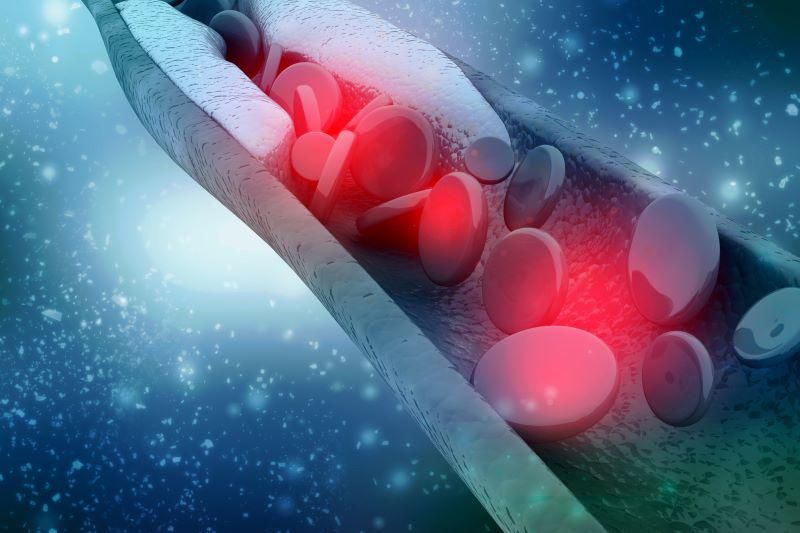
One way to get real peace of mind: Start doing something creative. Americans who engage in creative activities — from crafting to playing the piano to painting — report better mental health, according to a new poll from the American Psychiatric Association. “We live in stressful times, and sometimes our jobs and responsibilities can drain… read on > read on >


















